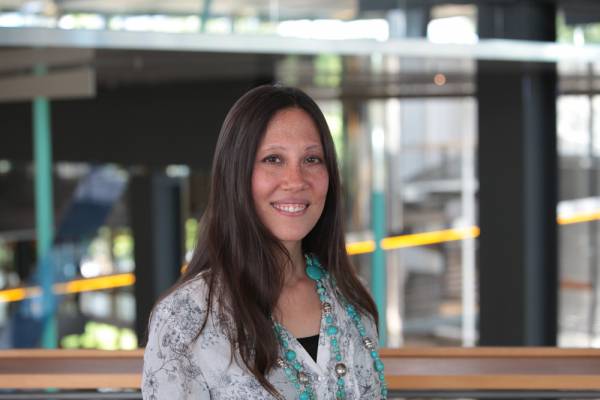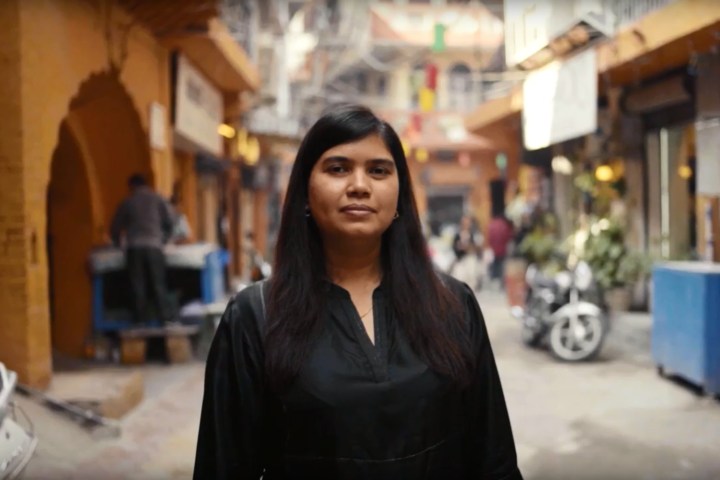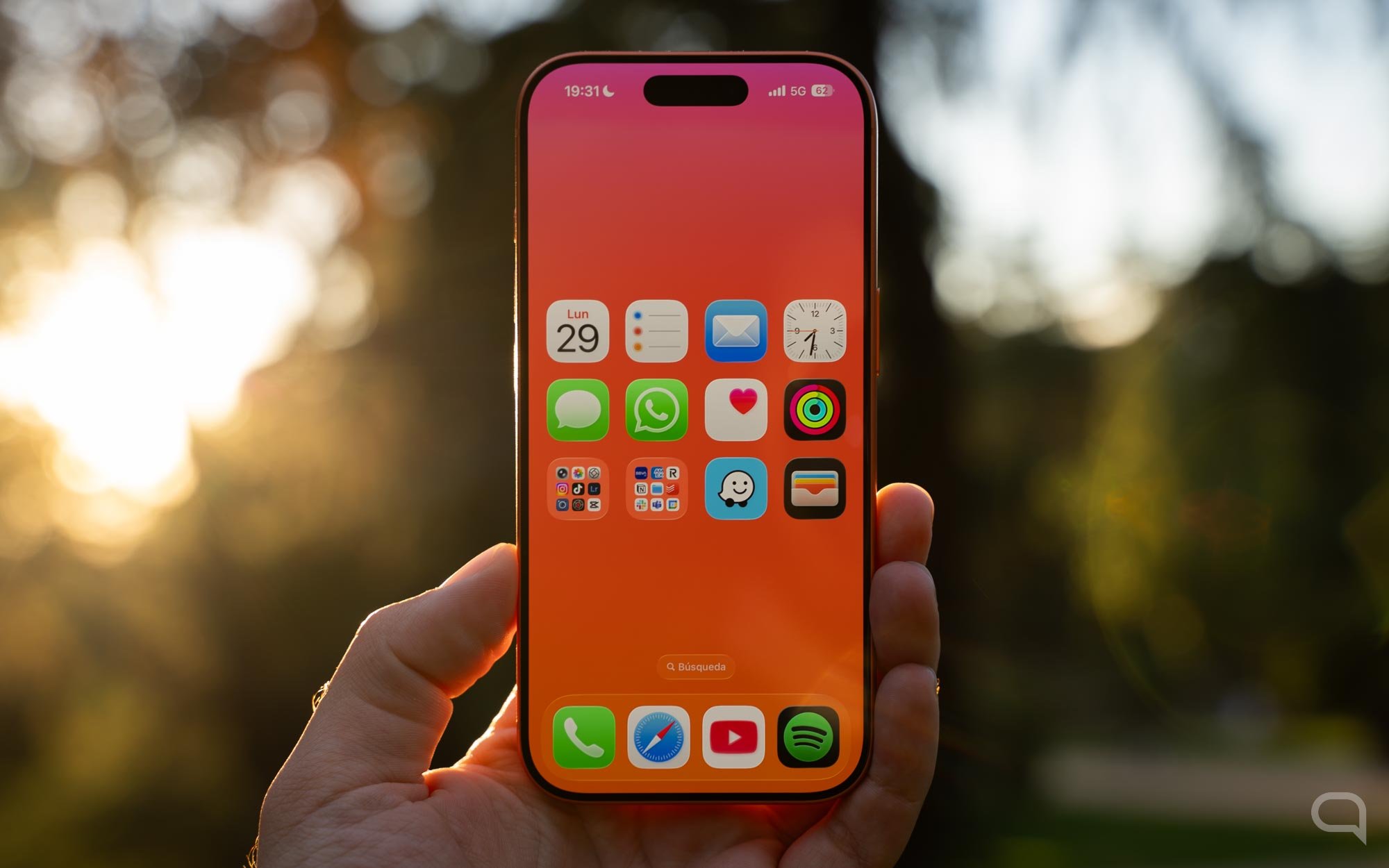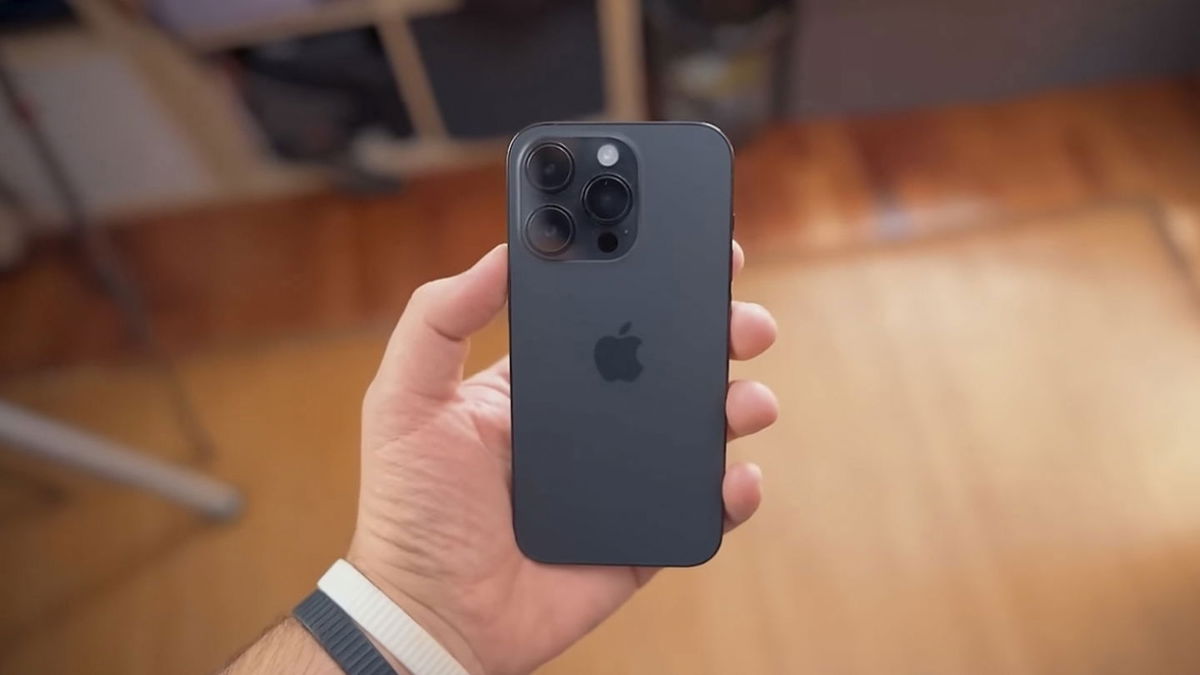Technology has given us indispensable tools: they allow us to stay in touch with our loved ones, find useful information on the Internet, or simply watch something entertaining on a streaming service. But it’s not just for that: it’s also valuable for ending harassment on the streets.
In Glasgow, women organized a collaborative online map in which they talk about their experiences of violence and harassment on the streets. It contains messages of harassment, intimidation and sexual assault.
This is a project led by Wise Women, a community safety network that aims to identify the most common places in Glasgow where harassment occurs. The data was collected three months prior to March 1st. The results will be made public on International Women’s Day.
“We know that harassment and abuse of women occurs in public places. We can use this to inform policy approaches to combating violence against women and influence any changes that occur,” Don Fife, strategist at Wise Women, told the BBC.
The organizers hope that in the future this security mechanism can be implemented throughout the United Kingdom. Similarly, they seek to interest politicians and urban planners in this issue in order to make the city a safer space for women.
It all started in Egypt

The idea of a community map or “crowd mapping” is based on a measure that women took in Egypt in 2010. In the same year, a group of volunteers created the so-called harassment map, through which women could anonymously report incidents of abuse in space. public.
According to a survey conducted at the time by the Egyptian Center for Women’s Rights, 83 percent of Egyptian citizens and 98 percent of foreign women had experienced some form of harassment in public.
“Before we started, there were no other people connecting traditional and digital community work in this area. I think we were the first to do this,” said Rebecca Chiao, co-founder of HarassMap.
“Some of the reports were very emotional or colorful and women in Egypt didn’t feel comfortable talking about it openly, maybe with friends, but definitely not with family or in public,” she added.
Egypt’s data collection laws have changed, so HarassMap no longer collects anonymous reports. However, this did not stop Rebecca from promoting the idea of this co-op card in other parts of the world, such as India with SafeCity, which later expanded to Nepal, Kenya and Nigeria.
Joint Card Expansion in India

SafeCity was born in response to a horrific event: the brutal gang rape and murder of student Jyoti Singh on a bus in Delhi. This prompted Elsa-Marie D’Silva and her friends to create a map in December 2012 that collected instances of photography, hissing, indecent exposure, and public masturbation.
“We wanted to do something right now. This is a global problem, and there is an understatement everywhere. Tools like SafeCity are a great way to anonymously report your experiences, and we believe that documenting this is the first step towards fairness,” says D’Silva.
According to the founder, “Women instinctively know that something is wrong with them, but they do not always know that they have the right to report it. SafeCity creates a community of support and experience sharing. It is a healing document that develops the capacity for situational awareness.”
Fortunately, the reception of similar measures promoted by the same citizens has been positive. D’Silva said they have passed the findings on to the authorities and have been able to improve the safety of women in critical areas through new measures such as more police patrols and closed-circuit television (CCTV).
D’Silva says women and girls now feel more confident reporting and raising the alarm. Also, they can stay outside later and do more in their own time. “The world doesn’t stop at 7 pm,” he says.
As a result, Citymapper’s global route finder now suggests routes with busier streets or better lighting, even if they aren’t the most direct or fastest. For example, the Main Roads feature provides accessibility options for traveling after dark.
Gilbert Vedam, chief designer at Citymapper, told the BBC that the platform offered “more vibrant, well-lit and memorable streets to avoid parks and lanes. The “best” route is not always the fastest, but depends largely on the context it is in.”
Finding Harassment-Free Streets in Brazil

In Brazil, Simone Cesar wanted to follow in the footsteps of international entrepreneurs by looking for a solution to make the streets safer in her country. That’s how he founded NINA, a technology that can be integrated into other applications such as route planning and shared transportation that lets you report bullying incidents.
NINA provides a button to easily report instances of bullying or bullying in the built-in app, providing data to Simone and her team. “The data we collect is being used to prove that there is a real problem. We share information with authorities and help develop policies that make cities safer, more inclusive and livable, especially for women.”
Simone has known about this difficult situation since childhood, as her mother worked on a public bus and constantly talked about how difficult it was for women to get to work and home. And when she grew up, she herself saw and experienced the reality of bullying in public transport. “I have met many women who have dropped out of school or work just to not be afraid of public transport,” she said.
According to the public safety NGO Fórum Brasileiro de Segurança Pública, a harassment occurs on public transport in Brazil every four seconds.
After all, all the girls who have developed these collaborative online platforms have a common goal: to end bullying as soon as possible.
Glasgow based Wise Women’s Dawn Fyfe added: “We want women to be part of the decision-making process so that their experiences are at the center of city planning decisions. This is misogyny in plain sight, and we must respond to stop it in the bud. We want to make changes now, that’s enough.”
Source: Digital Trends
I am Garth Carter and I work at Gadget Onus. I have specialized in writing for the Hot News section, focusing on topics that are trending and highly relevant to readers. My passion is to present news stories accurately, in an engaging manner that captures the attention of my audience.












